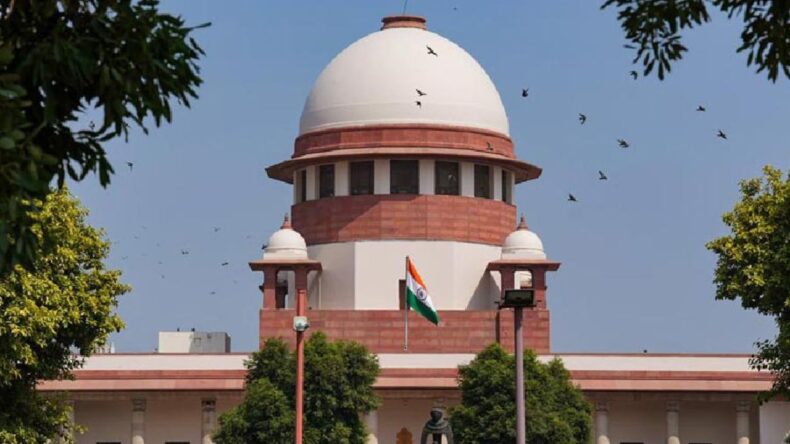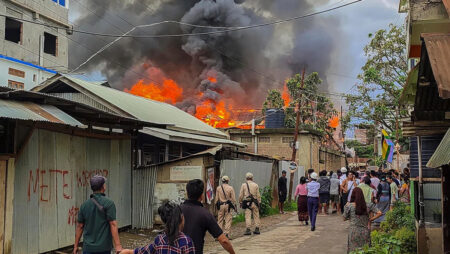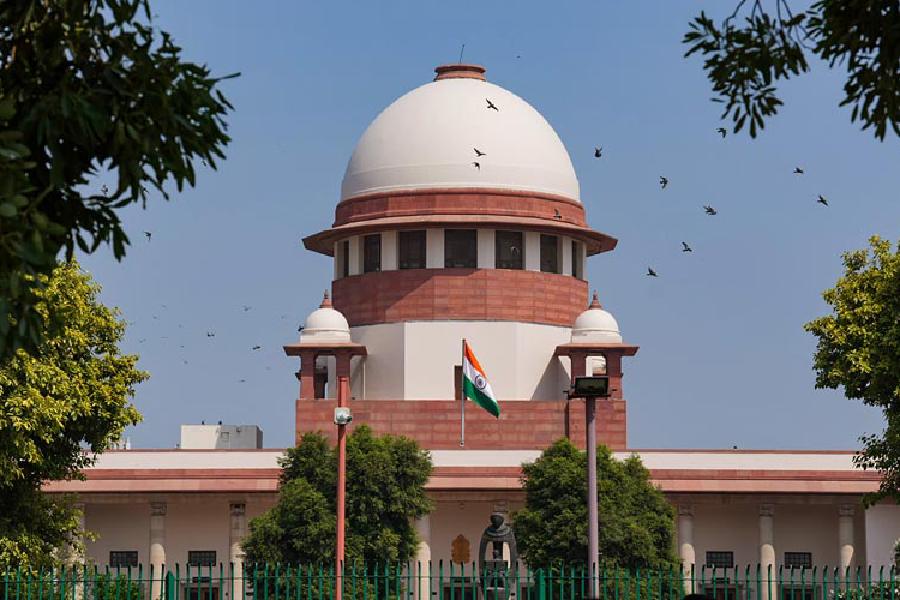
Today, The Supreme Court of India has addressed the violence in Manipur and emphasized its limitations while restating that the elected government is in charge of upholding law and order. The Court also issued a warning against using the legal processes as a pretext to incite more violence and encouraged attorneys to use prudence when levelling accusations against various ethnic groups. The petitioners were requested by the bench, comprised of Chief Justice of India DY Chandrachud and Justice PS Narasimha, to offer specific recommendations for de-escalating the situation.
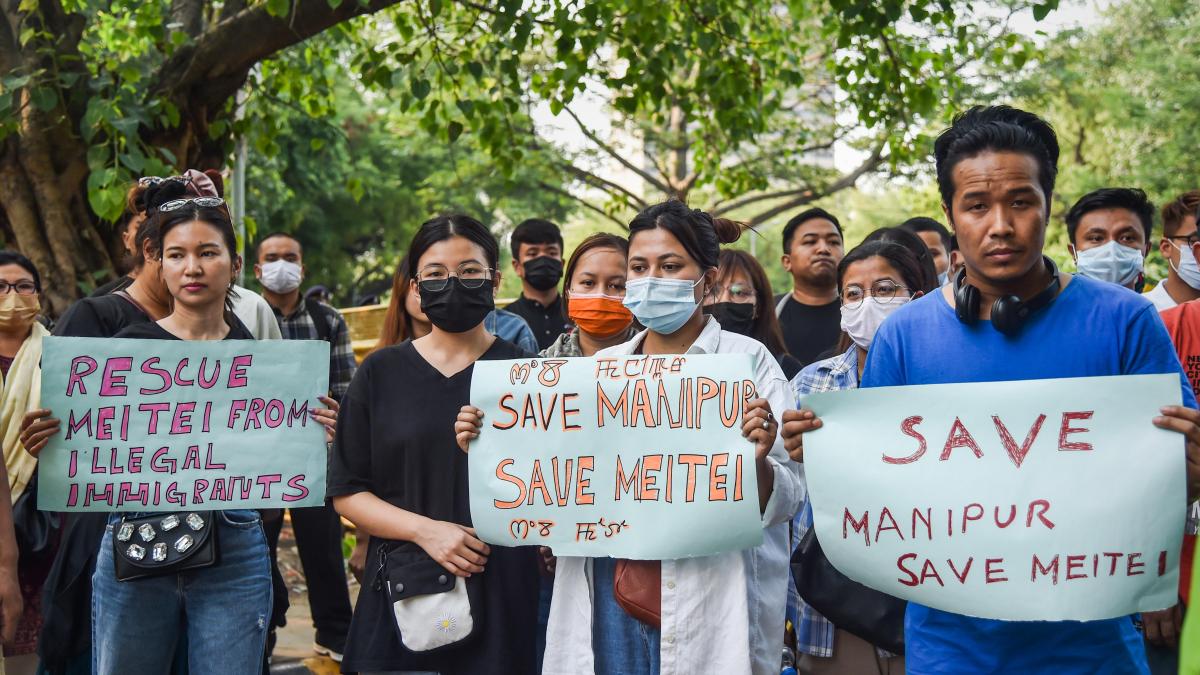
Background of the Case
The Manipur Tribal Forum Delhi appeal asked the Indian Army to safeguard the Kuki tribe, while Dinganglung Gangmei, the chairman of the Hill Areas Committee (HAC) of the Manipur Legislative Assembly, filed a second case. Both petitions were being considered by the court. Gangmei contested the Manipur High Court’s instruction to take the Meitei people into consideration for the Scheduled Tribes list. It is important to note that the controversy over the Meitei community’s Scheduled Tribe classification led to rioting in the state.
Status Report and Concerns
The Supreme Court had asked the State of Manipur to provide an updated status report detailing the violent skirmishes between groups that took place in late May at the last hearing. When presenting the report, Solicitor General (SG) Mehta highlighted the efforts taken by the federal and state governments to reestablish order. In spite of the state’s claims, Senior Advocate Dr. Colin Gonsalves, speaking on behalf of the Manipur Tribal Forum, voiced doubt. He cited the rising death toll as evidence.
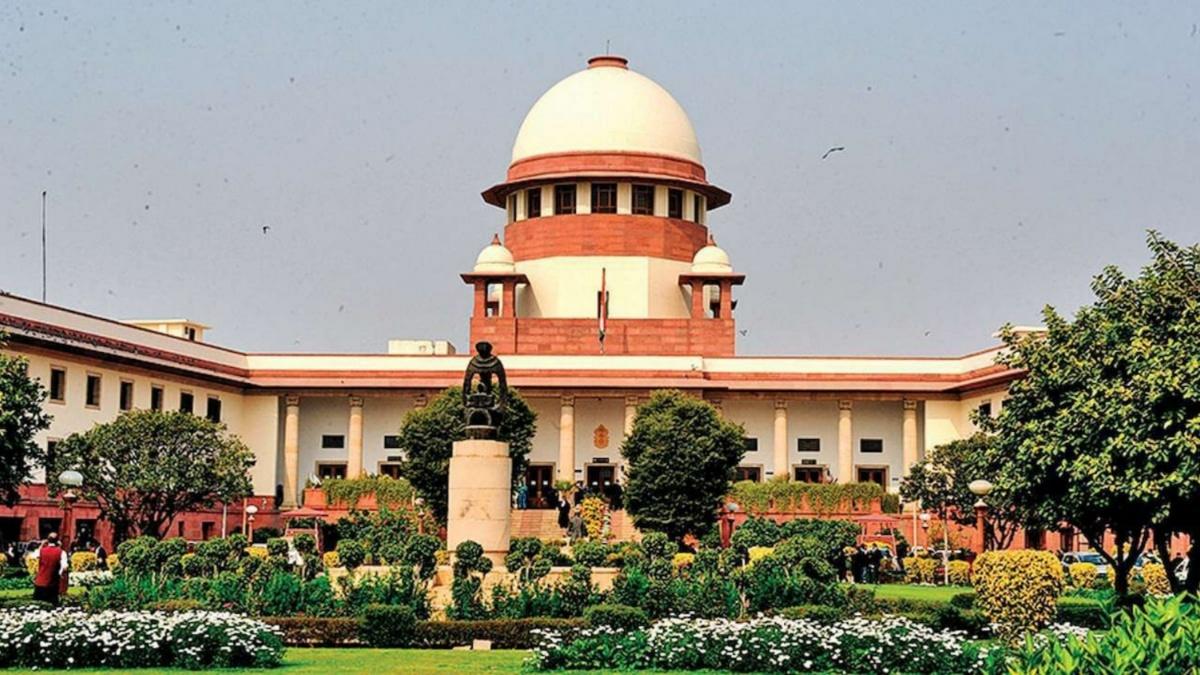
The Supreme Court’s Role and Limitations
Chief Justice Chandrachud responded to Gonsalves’s skepticism by reminding him that the court’s authority was restricted to interpreting the law and that it could not assume control over upholding law and order. He emphasized the need to concentrate on the details of the case rather than using the procedures to make already-existing issues worse. The court intended to handle the situation as a humanitarian concern and prevent the violence from escalating further.
Court’s Call for Concrete Suggestions
The Chief Justice asked Gonsalves to make specific recommendations while stressing the necessity of averting violence and concentrating on the specifics of the case. The Solicitor General would receive these recommendations from the court for review. The goal was to defuse the situation and reduce tensions in Manipur in a positive way.
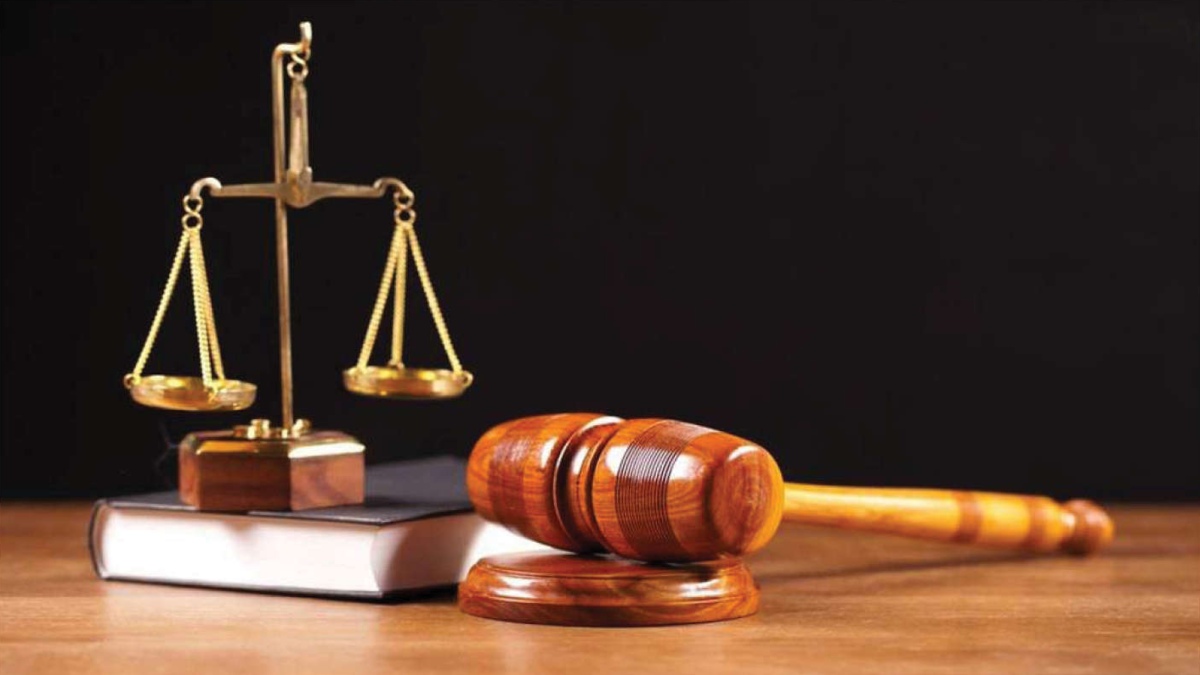
Maintaining the Remit of the Supreme Court
Gonsalves persisted in his claims that armed groups had severely escalated the situation. Chief Justice Chandrachud, however, intervened and emphasized to both sides the Supreme Court’s authority. He emphasized that law and order discussions should not take place in court. The court’s duty is restricted to providing legal interpretation and guaranteeing impartiality, while the elected government is in charge of upholding law and order.
Concerns over Public Discussion and Internet Services
The Solicitor General warned against giving interviews during the hearing and voiced worries about Gonsalves’ conduct in discussing the matter in public. A request by the Manipur High Court Advocates Association for the easing of a 10-kilometer National Highway 2 roadblock was also heard by the bench. It was requested that the Solicitor General look at this idea. The court will also consider a case brought by the State challenging the High Court’s order to resume restricted internet access.
Conclusion
The Supreme Court reiterated its restrictions on upholding peace and order at the most recent hearing in the Manipur violence case, highlighting that it is the responsibility of the elected government. The court urged for specific recommendations to defuse the situation and issued a warning against exploiting the proceedings to incite more violence or worsen current issues. It emphasized the need of upholding the Supreme Court’s authority and concentrating on the particulars of the case. It is anticipated that as the procedures move, a fair and impartial approach would be used to deal with the intricate problems underlying the violence in Manipur.







